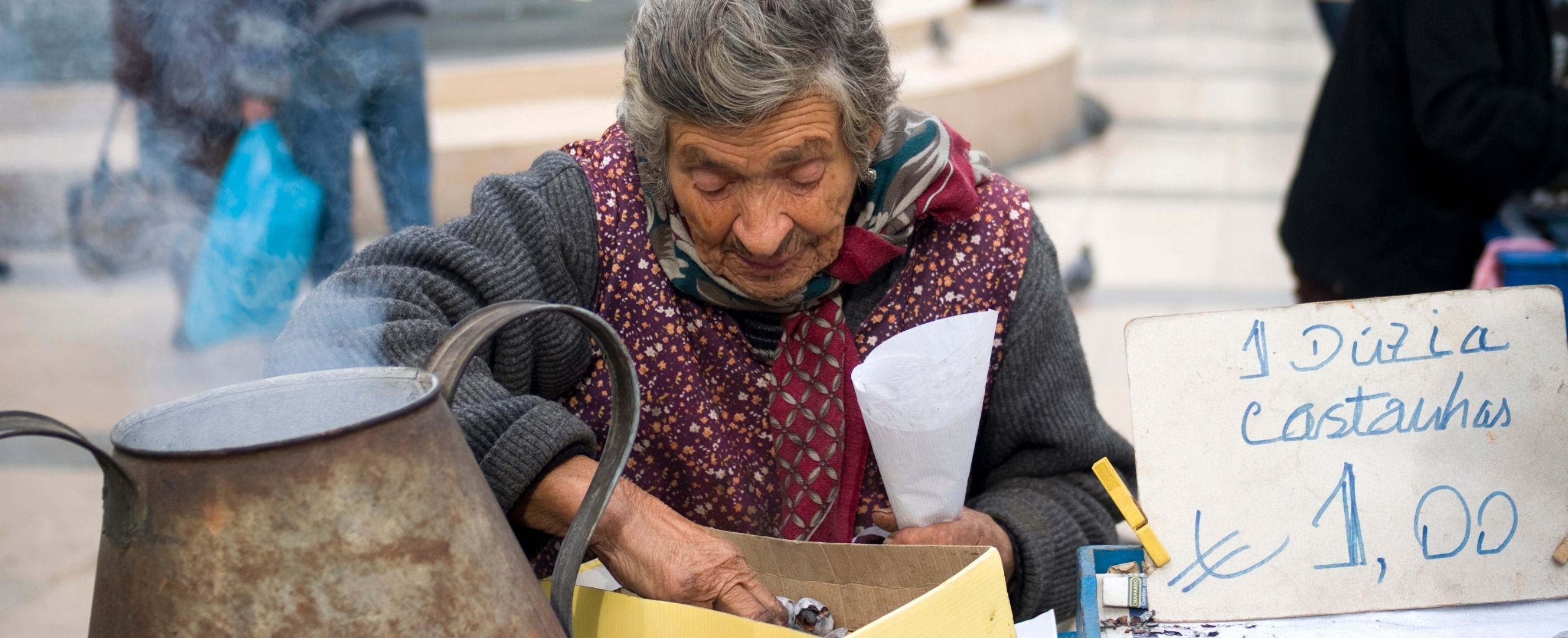
Under the ongoing impact of economic pressures, low-income households in Europe are increasingly challenged to cope with housing costs. According to new research published by the European Central Bank, more than a quarter of low-income households expect to struggle to pay housing-related expenses on time in the coming months, including mortgage, rent and utility bills. This trend shows that housing costs have become an important factor affecting the economic stability of European households.
The report provides a detailed analysis of household housing affordability in the 11 major economies covered by the European Central Bank. Since July 2022, the European Central Bank has started to gradually raise interest rates, resulting in an overall increase in housing costs. Overall housing costs for direct owners rose 6 percent, while housing costs for mortgagees and tenants rose 12 percent and 9 percent, respectively. This means that for low-income families, housing expenses as a proportion of household income is increasing, further increasing their financial burden.
In January 2024, the average European household will have to pay €765 per month in housing-related expenses, which include utility bills, home maintenance, and rent or mortgage payments. For renters, housing costs account for about 40 percent of their income, and for households with a mortgage, the figure is as high as 35 percent. For households that own their homes outright, housing costs as a percentage of household income are relatively low, at about 20 percent. However, even so, low-income households are still under enormous pressure to pay.
When it comes to housing costs, the challenge is most acute for households with mortgages. Due to rising interest rates, the average monthly repayments for these families are more than €1,100. The impact of higher interest rates is not only seen in higher mortgage rates, but also in higher costs in the rental market. New property investment has fallen due to higher borrowing costs, while a shortage of listings in the rental market has also led to higher rental prices.
According to the ECB, the average rent for renters in the 11 countries surveyed is more than €800, while rents for direct owners are gradually approaching €500 per month. The increase was largely due to rising home maintenance costs, while utility costs have declined recently.
Of the 11 countries, Ireland appears to have the highest housing costs. Excluding the mortgage, the monthly housing costs are around 900 euros, while if the mortgage is included, it can exceed 1,200 euros. Germany has the second highest housing cost at around €750 (including a mortgage of €900), while Austria is close behind at around €750. In contrast, housing costs in Greece and Portugal are among the lowest of the 11 countries.
When housing costs are taken into account as a percentage of household income, Austria appears to be the most expensive country, with around 29% of household income (33% including mortgages) being spent on housing-related expenses. This proportion is much higher than in other countries, showing the heavy burden on Austrian households in terms of housing.
In addition, the report notes that the risk of late payments is increasing. While the increase in household income over the past few years has partly offset the rise in housing costs, there are still cases of low-income families falling behind on their payments. The ECB's forward-looking index shows that low-income households' expectations about their ability to pay in the coming months have deteriorated. The proportion of low-income people who expect to be late paying utility bills or rent in the next three months has risen from 15% to more than 20%, while the proportion who are late paying their mortgage has almost doubled to 30%.
Although inflation is falling in the euro zone, the European Central Bank is widely expected to start cutting its historically high interest rates in June. The move is expected to spur increased investment, expand property choice and ease pressure on the housing market by reducing mortgage and rental costs. However, for low-income families, they still face significant housing cost challenges.
Overall, the pressure on low-income households in Europe to cope with housing costs is increasing. With rising interest rates and increasing costs in the rental market, these households are facing increasing pressure to make payments. In the coming months, the risk of late payments will increase further, posing a serious challenge to the stability of household economies and the development of European societies as a whole.

Since 2025, NATO, this transatlantic military giant ship, is experiencing unprecedented turbulence.
Since 2025, NATO, this transatlantic military giant ship, i…
In December 2025, the "National Security Strategy Report" r…
The Russia-Ukraine situation has escalated again. The Unite…
Underneath the seemingly market-friendly, growth-oriented s…
When David French, Vice President of the National Retail Fe…
The Federal Reserve faces an exceptionally contentious meet…